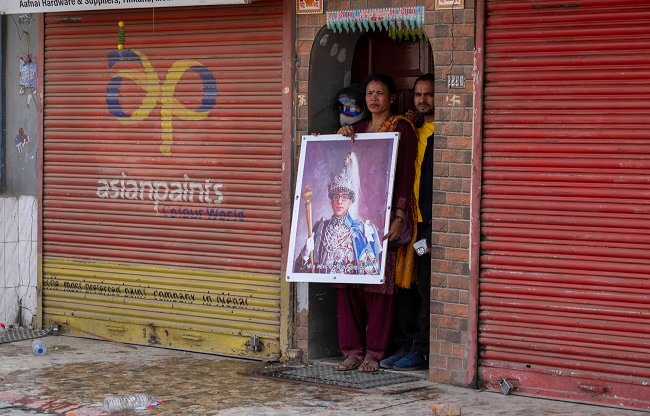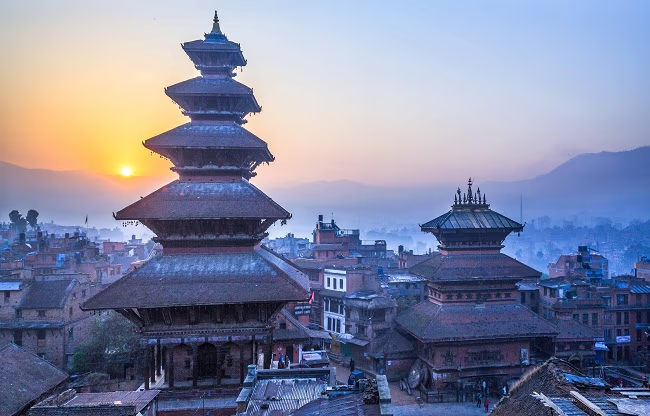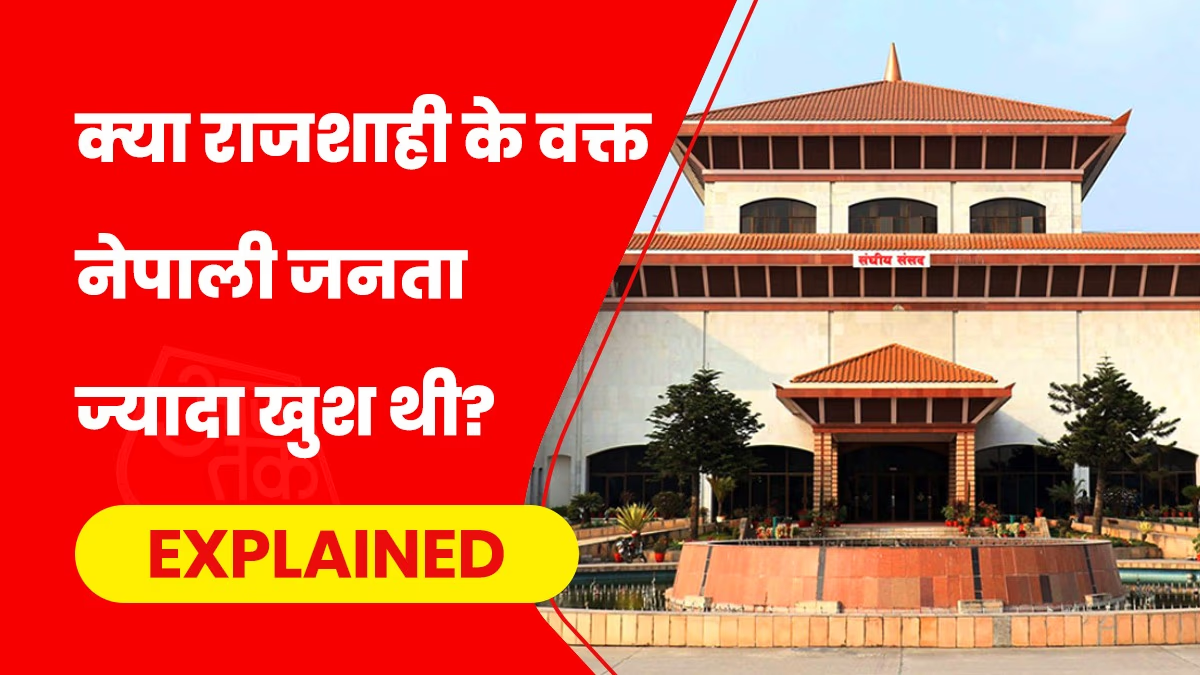In Kathmandu, a transformative wave is surging. Once the world's only Hindu kingdom with a monarchy, Nepal went secular after its monarchy dissolved in 2008. The winds of change have begun to stir, with citizens voicing a renewed call for a monarchy and Hindu state. But will these changes remain a domestic affair, or redefine its ties with neighbors?
Ups and Downs in Nepal's Political Landscape
Nepal's history is a chronicle of political upheaval. The transition from a Hindu monarchy wasn't sudden, marked by monumental milestones. In the 18th century, smaller states united under a robust Hindu monarchy, enduring for nearly 250 years with challenges along the way. At one point, the king, from the Shah dynasty, was merely a symbolic figure as real power vested in the Rana family, a phase labeled as proxy monarchy.
The 1950s saw rebellion, and fragmented power returned to the royal family. The 1990s, inspired by global movements, brought a significant uprising, compelling then-King Birendra to take unprecedented measures. Yet, Nepal retained its monarchy and Hindu nation status.

Source: aajtak
In 2001, a tragedy shook the monarchy when Prince Dipendra assassinated King Birendra, Queen Aishwarya, and the royal family. Gyanendra became the new king, but his reign spark ignited public outcry, leading to the monarchy's dissolution and establishing secularism.
The Rise of Restorative Demands
The demand for restoring the monarchy and replacing secularism with a Hindu nation surges, driven by economic, social, and political factors. As Kathmandu embraced secularism in 2008, expectations were high for stability and economic prosperity, yet reality diverged. In just two decades, a dozen governments changed, none completing their terms amidst rampant corruption and soaring inflation. These crises evoke nostalgia for the perceived stability of monarchical rule.
Being a Hindu nation was a source of utmost pride for Nepal. The secular transformation sparked fears of cultural and religious identity loss. Meanwhile, reports emerged of increasing religious conversions.

Source: aajtak
The Demographic Dynamics
According to the 2021 census, over 81% of Nepal's population identifies as Hindu. Following this, Buddhists constitute 8%, Muslims account for over 5%, with Christians and other mixed faiths completing the demographic puzzle.
The Growing Demographic Shift
Reports suggest a rise in Muslim and Christian populations. Muslims, in particular, rose from 4% to over 5% in a decade. Census data indicates a slight decline in Hindu and Buddhist followers, while Islam and Christianity saw increases. Fears mount as proposals to revert to former status gain momentum.
Citing Global Powers
Hindu organizations and the Nepali Congress argue that survival of Sanatan ideals demands countries not merely declare secularism. If mighty nations can identify as Christian or Islamic, why not Nepal as a Hindu nation? Calls for a referendum on Nepal's status persist as protests intensify.
Potential Shifts in India and China Relations
Honoring public demand would alter not only internal dynamics but significantly impact international relations, especially with neighbors. Post-monarchy, China's influence ascended in Nepal, distancing it from India and the West. Traditionally, Nepal sought balance between India and China.

Source: aajtak
Chinese Influence Strengthens
Following the monarchy's fall, communist parties gained ground with China's support, pressuring Nepal to adopt the One China policy, preventing refuge for Tibetan exiles.
With communists rising, trade with China flourished. Initiatives like China's 2017 infrastructure projects catalyzed this further, introducing Chinese currency and endorsing the teaching of Mandarin in schools.
As Nepal-China ties flourished, India-Nepal relations deteriorated, with territorial disputes and citizenship tensions surfacing. Nepal, a buffer between India and China, pivoting towards China poses strategic and commercial challenges, amplified by strained ties with other neighbors.
Restoring monarchy could realign Nepal's allegiance towards India, given historical royal ties. A Hindu nation's cultural and religious affinity would likely incline foreign policies in favor of India, unsettling China's ambitions.




